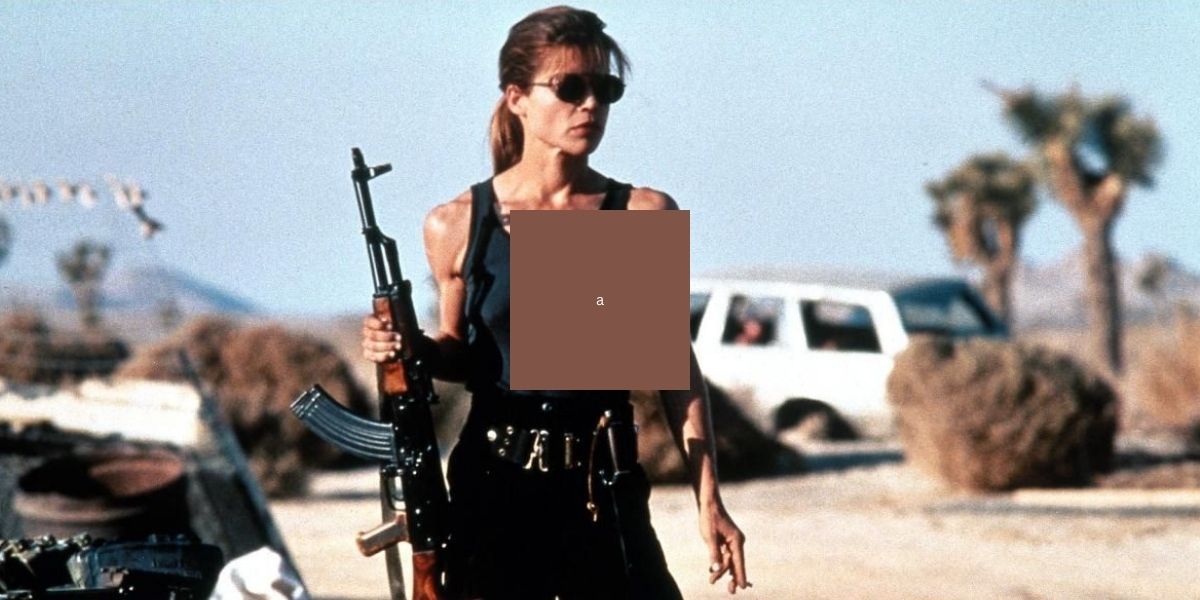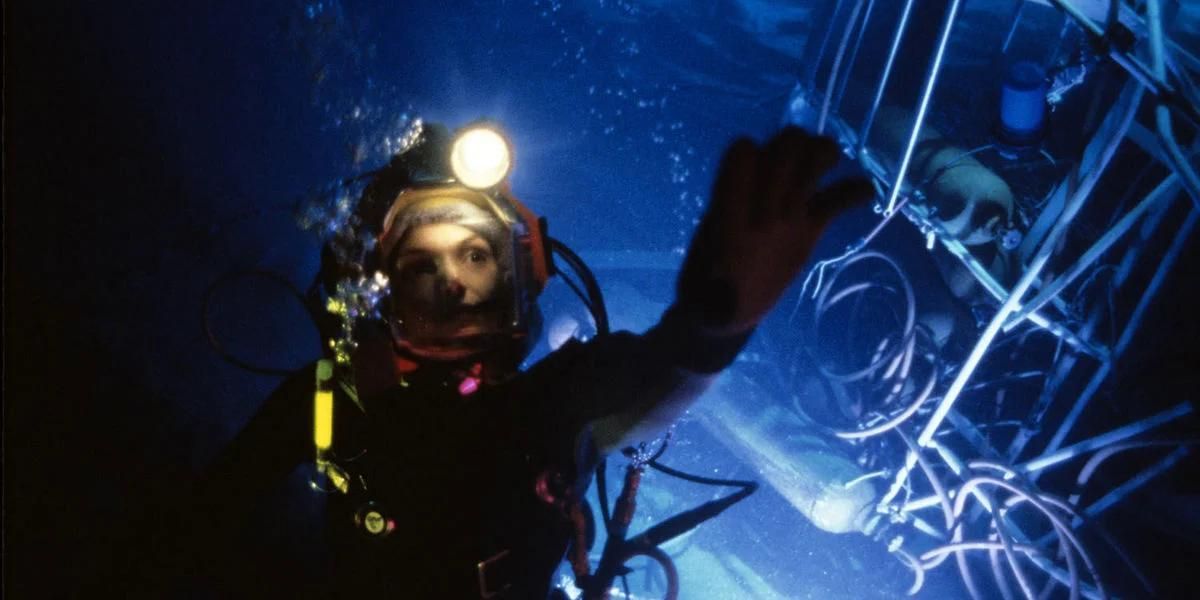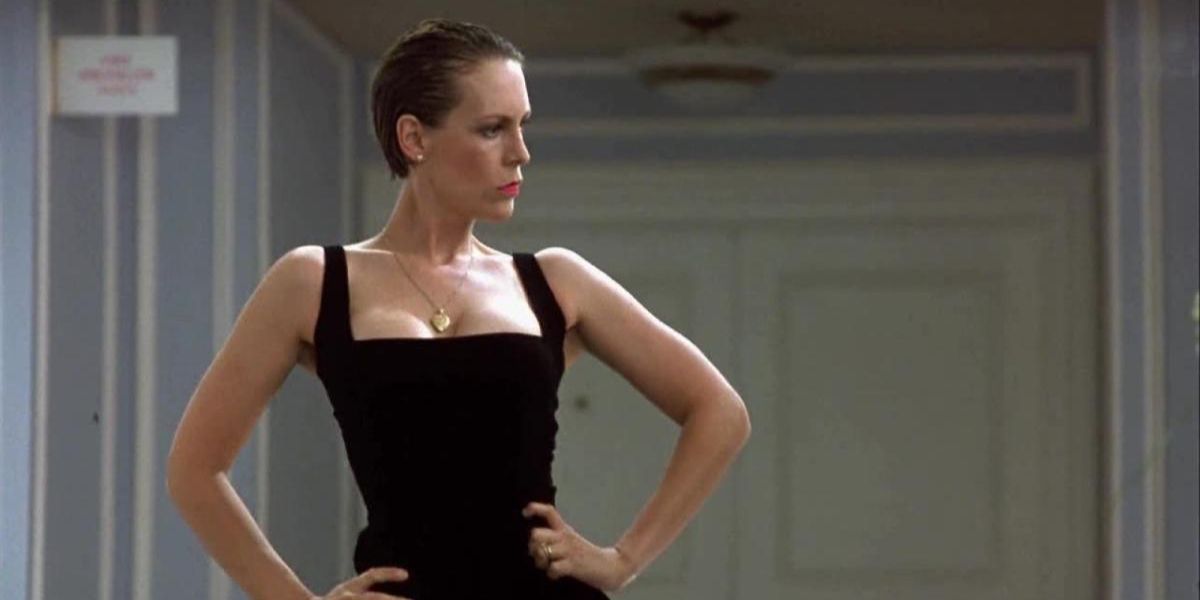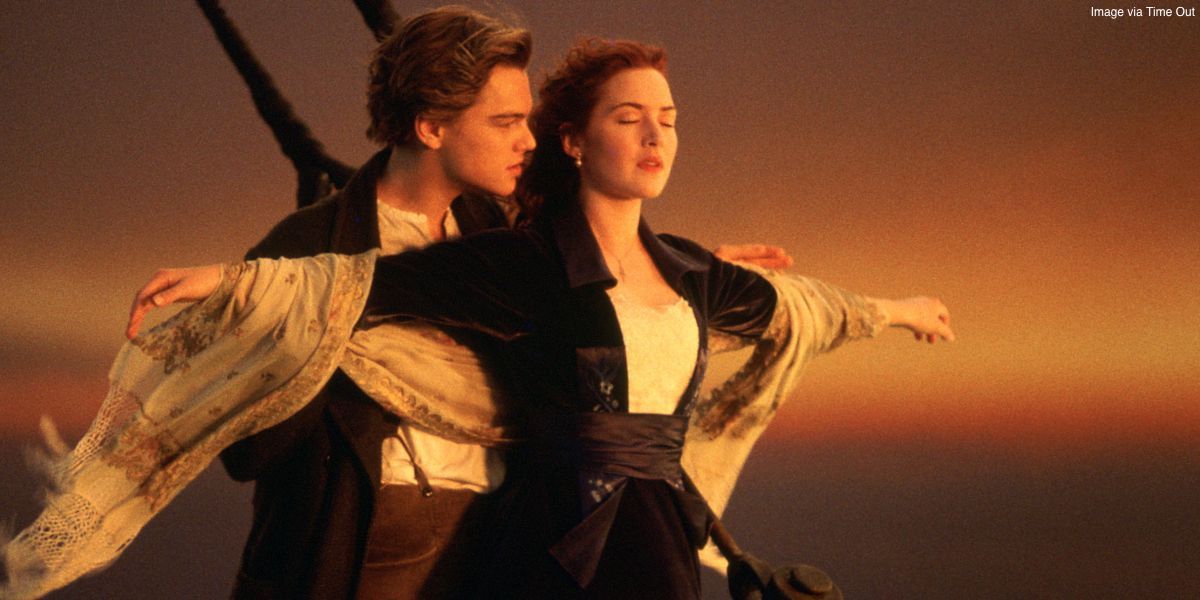
Since its inception, cinema has given audiences all manner of female characters. From damsels in distress to femme fatales to girls next door to action heroines, every stock archetype has had its day in the sun and then some. As the medium has evolved, however, the challenges in crafting well-rounded and nuanced women for the silver screen has been largely dependent on breaking familiar molds and forging new creative paths. James Cameron, whose Avatar: The Way of Water has finally hit theaters a whopping 13 years after its predecessor, is no stranger to writing female characters who buck formulaic tropes in pursuit of individuality. From Sarah Connor in his Terminator films to Neytiri in Avatar and its sequel, the trailblazing and innovative storyteller has given audiences a handful of memorable female protagonists.
Most importantly, Cameron’s depiction of women has never been condescending or overwrought. Employing a dignified approach that sees these characters act with agency, Cameron consistently celebrates their strength and autonomy. Whether battling killer cyborgs from the future, going head-to-head with a fierce alien species, or defying the bounds of societal norms in the early 20th century, these women relied solely on intelligence, resourcefulness, and courage in the face of overwhelming odds. Without further ado, let’s celebrate these girlbosses.
Sarah Connor in ‘The Terminator’ and ‘Terminator 2: Judgment Day’
Bursting onto the cinematic landscape in 1984 with his science-fiction action hit, The Terminator, Cameron came out of the gate swinging. With the character Sarah Connor (Linda Hamilton), the filmmaker followed in the footsteps of films like Ridley Scott‘s Alien by pitting his unlikely female protagonist against the film’s titular antagonist (Arnold Schwarzenegger). While Sarah spends much of The Terminator evading the T-800 alongside the future’s Kyle Reese (Michael Biehn), she more than handles herself by the film’s end. Through sheer survival instinct, she outlasts her military ally and, in a twist of irony, outdoes her metallic nemesis by crushing it in a heavy-duty piece of machinery. Whether Cameron intended or not, Sarah Connor would represent the first incarnation of a recurring motif in his filmography: a woman who defies the harsh realities of the narrative she’s weaving through and emerges victorious.
Year later, Cameron would return to the world of endoskeletons with Terminator 2: Judgment Day. Often regarded as one of the greatest action films ever made, this legendary sequel treated viewers to a version of Sarah Connor that was a far cry from the first film in terms of physicality, resolve, and downright deadliness. Having lived with the knowledge of impending doom for all of humanity since her encounter with the T-800, she means business when it’s time yet again to face off against a seemingly invincible foe. While her intensity nearly drives her to the point of madness, with a particularly jarring encounter that sees her on the verge of becoming a senseless killing machine herself, she maintains the insight necessary for preserving human life. Her transformation from the girl next door to a battle-hardened warrior is perhaps one of the most memorable in modern cinema, and Hamilton’s performance in her second outing paints an all-too-believable portrait of a woman transcending her own demons in pursuit of a greater good.
Ellen Ripley in ‘Aliens’
Ellen Ripley (Sigourney Weaver) with a flamethrower in ‘Aliens’Image via 20th Century
Seven years after Ridley Scott terrified the world with his science-fiction horror classic, Alien, James Cameron undertook the daunting task of bringing Sigourney Weaver’s signature heroine back to the screen. In an Oscar-nominated performance (unusual for a hardcore action film), Weaver doubled down on Ripley’s hard edged, authoritative personality in going to war with not one, but many of the dreaded Xenomorphs. Like Sarah Connor, Ripley has become an iconic example of the action heroine in cinema, and one that’s commonly referenced and used for comparison whenever a similar kind of woman kicks ass on the silver screen. Cameron’s film also features a tender mother-daughter subplot that sees Ripley take care of the young and orphaned Newt (Carrie Henn), a tenderness that ultimately morphs into a fierce mama bear mentality when Ripley accosts the Queen Xenomorph with one of action cinema’s most iconic lines of dialogue. With Aliens, Cameron took the well-established character to new and evolved heights, having her transcend the role of lone survivor to that of leader, warrior, and protector.
Lindsey Brigman in ‘The Abyss’
One of Cameron’s more underrated efforts is his 1989 science-fiction tale of oil riggers encountering alien lifeforms miles beneath the ocean surface. A remarkable feat of underwater photography, pioneering visual effects, and edge-of-your-seat suspense and thrills, The Abyss also features a wholly committed turn by Mary Elizabeth Mastrantonio as Lindsey. The ex-wife of Ed Harris‘ Bud, she spends much of The Abyss quarreling with her former husband as they and their crew are faced with dire, life-threatening situations amid an extraordinary discovery. Intelligent, tough, and at times dictatorial, Lindsey is one of Cameron’s most intimidating female protagonists. It may be Bud’s crew, but it sure as hell is Lindsey’s rig, as evidenced by her consistently blunt bedside manor and display of audacious micromanagement of those around her. Stories about Cameron’s demanding and authoritarian directing style surrounded the film’s production, with Cameron often clashing with his actors and crew over the inherent stressors of pulling off such an ambitious project. One may argue, however, that the ends justified the means, because The Abyss remains a white-knuckle ride thanks to Cameron’s innovative tendencies and a cast that willingly went over the proverbial cliff with their fearless director.
Helen Tasker in ‘True Lies’
This 1994 action comedy was a bit of a departure for Cameron in terms of genre and sensibility. The story of a daredevil spy, Harry (Arnold Schwarzenegger), who’s suddenly faced with the sneaking suspicion that his meek wife, Helen (Jamie Lee Curtis), is having an affair, True Lies both hits and misses with its tonal fusion of large-scale action and domestic comedy. Clueless to her husband’s covert escapades, Helen is an embodiment of loneliness, boredom, and marital discontent, seeking to spice up her life with the promise of excitement through a sleazy car salesman (Bill Paxton). While True Lies is largely farcical and over the top, Helen nonetheless warrants inclusion in Cameron’s long-running track record of crafting memorable women who act with agency and autonomy. In shirking stereotypes associated with the archetypal housewife, who’s often relegated to narrative sidelines, Helen breaks the mold by joining her husband in his world-saving antics and proves effective when the action takes off in the narrative’s third act. While a sequel to True Lies was considered but never made, the film’s ending teases the playful implication that the Taskers may team up and embark upon further adventures.
Rose DeWitt Bukater in ‘Titanic’
In another shift for Cameron regarding genre, Titanic saw the filmmaker deal with the notion of female empowerment and independence in perhaps his most reverential way to date. As a woman engaged to be married to a man (Billy Zane) she doesn’t love, Rose (Kate Winslet) is iron-willed and steadfast in her defiance of societal expectations, frequently scoffing at the rigid customs foisted on her as a woman in the early 20th century. Her chance encounter with the free-spirited Jack initiates a spark of awakening and self-discovery, leading her to become increasingly distant from her fiancé in pursuit of a more authentic and organic vision for her future. By the time the titular ocean liner strikes an iceberg, and the audience can’t help but know the stakes, Rose’s survival instinct goes into overdrive and there are moments when she acts in accordance with some of Cameron’s aforementioned action heroines. Part of what makes her a dynamic character is her ability to surprise audiences, as well as herself, by digging deep in search of qualities and capabilities she presumably never knew she had.
Neytiri in the ‘Avatar’ Films
Capping off Cameron’s repertoire regarding female protagonists is the Na’vi warrior, Neytiri (Zoe Saldana). No stranger to the relentless dangers her home world poses, and the ever-growing threat looming as a result of human colonization, she’s a knowledgeable, reliable, and resourceful member of her clan. When Jake Sully (Sam Worthington) suddenly finds himself stranded and alone in the wilds of Pandora, she not only takes mercy on him at the behest of a spiritual plea, but further helps him establish and nurture the skill set necessary to survive in such a hostile environment. Although Jake is ultimately the protagonist and supposed hero of Avatar, his success is largely dependent on Neytiri and the guidance she provides. Without her, he wouldn’t stand a chance in making it through the film’s first act. In Avatar: The Way of Water, Neytiri proves to be much more than a warrior. As a mother of three, she possesses powerful maternal instincts, particularly near the end of Avatar: The Way of Water when the protective nature of her character is on full display. When tragedy strikes on a very personal level, she’s intimidating to a point nearly beyond recognition. Although her character takes a bit of a back seat in Avatar: The Way of Water due to the film’s massive scale and word-building, her strength and resolve haven’t waned one iota compared to what audiences saw their first time on Pandora.
[via]












